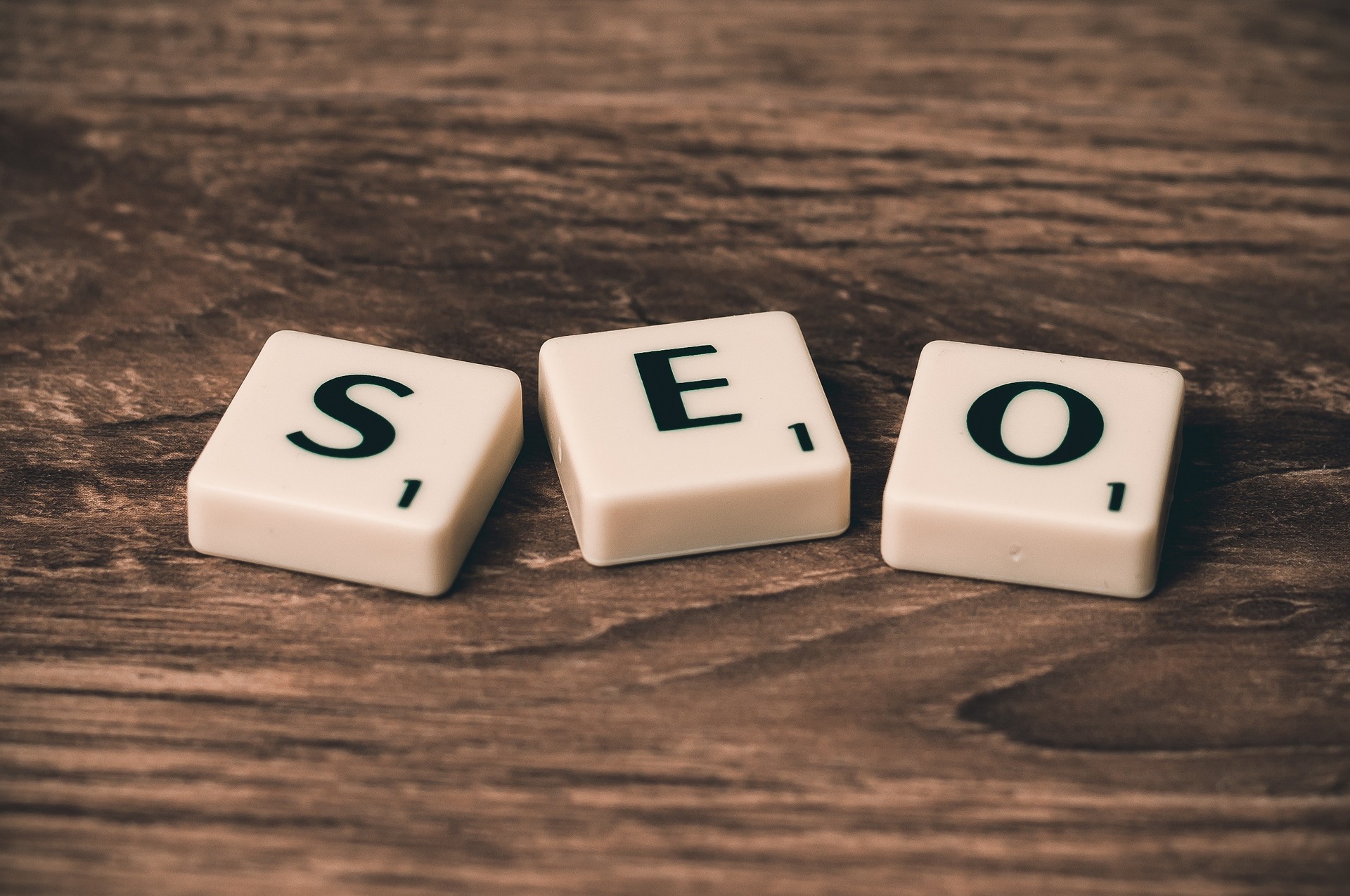Search engines like Google have ranking algorithms to determine which websites are more relevant for particular keywords than others.
When somebody types in a search on Google, the algorithm goes to work and ranks the websites based on relevance.
Companies and brands are finding new ways to improve their search ranking and find new customers, but the terminology can be confusing. In this article, we’ll break down the difference between SEM and SEO, and which is best for your business.
What Is SEO?
SEO is a term that stands for search engine optimization. When you optimize your content to be SEO-friendly, you’re making use of important keywords that you want to rank highly in searches for.
There are hundreds of different factors to consider when it comes to search engine optimization. When trying to optimize your content, focus on answering the question that a potential customer is asking through a Google search. You need your content to be easy to read, relevant, and free of annoying clickbait content.
At its core, SEO is about an organic way to climb rankings. You aren’t paying the search engine to rank your content higher. Instead, you’re adjusting your content in a way that it does.
What Is SEM?
SEM stands for search engine marketing. While some use SEM as an umbrella term that also describes SEO, it’s usually more specifically referring to paid practices to improve your ranking.
Some SEM strategies include using pay-per-click ads, like Google Ads, to give your content a boost in ranking. When you search something on Google, you might notice that the top results have an “ad” badge or are otherwise highlighted. Those companies paid Google to market their products and show them at the top of the results.
What Are the Benefits of SEO?
The biggest benefit of SEO is that it doesn’t require an advertising budget to be successful. You might have to hire someone knowledgeable on the topic to edit or create content for your brand, but that will likely be less expensive than running Google Ads.
SEO will also work for you all the time, not just during the set times that your ads will run. Check out more information about the benefits of search engine optimization here.
What Are the Benefits of SEM?
The biggest benefit of SEM is that it works as soon as you start running ads. SEO can take a couple of months to truly boost your rankings, even with the best optimization. If you need a traffic boost as soon as possible, SEM is your best bet.
SEM is also useful for ranking in very competitive topics and keywords.
The Difference Between SEM and SEO: Which Is Best?
The fact is that you can utilize both SEO and SEM to improve your search engine rankings and drive traffic. However, if it really comes down to SEM vs SEO, there are drawbacks to each option.
SEO can take time to produce results since it’s an organic way to draw in traffic. If you need to sell your product or gain customers as soon as possible, you might not be able to play the SEO waiting game.
On the other hand, SEM can only advertise your product as much as your advertising budget allows. If you don’t have a lot of money to spend, or if your target market is niche, SEM might not be your best option.
Ready for More Business Advice?
Now that you know the difference between SEM and SEO, you’re ready to start taking your search ranking to the next level.
If you found this article useful, we have more tips you need. Be sure to check out our other blog posts for more business advice.


